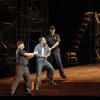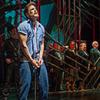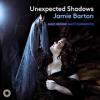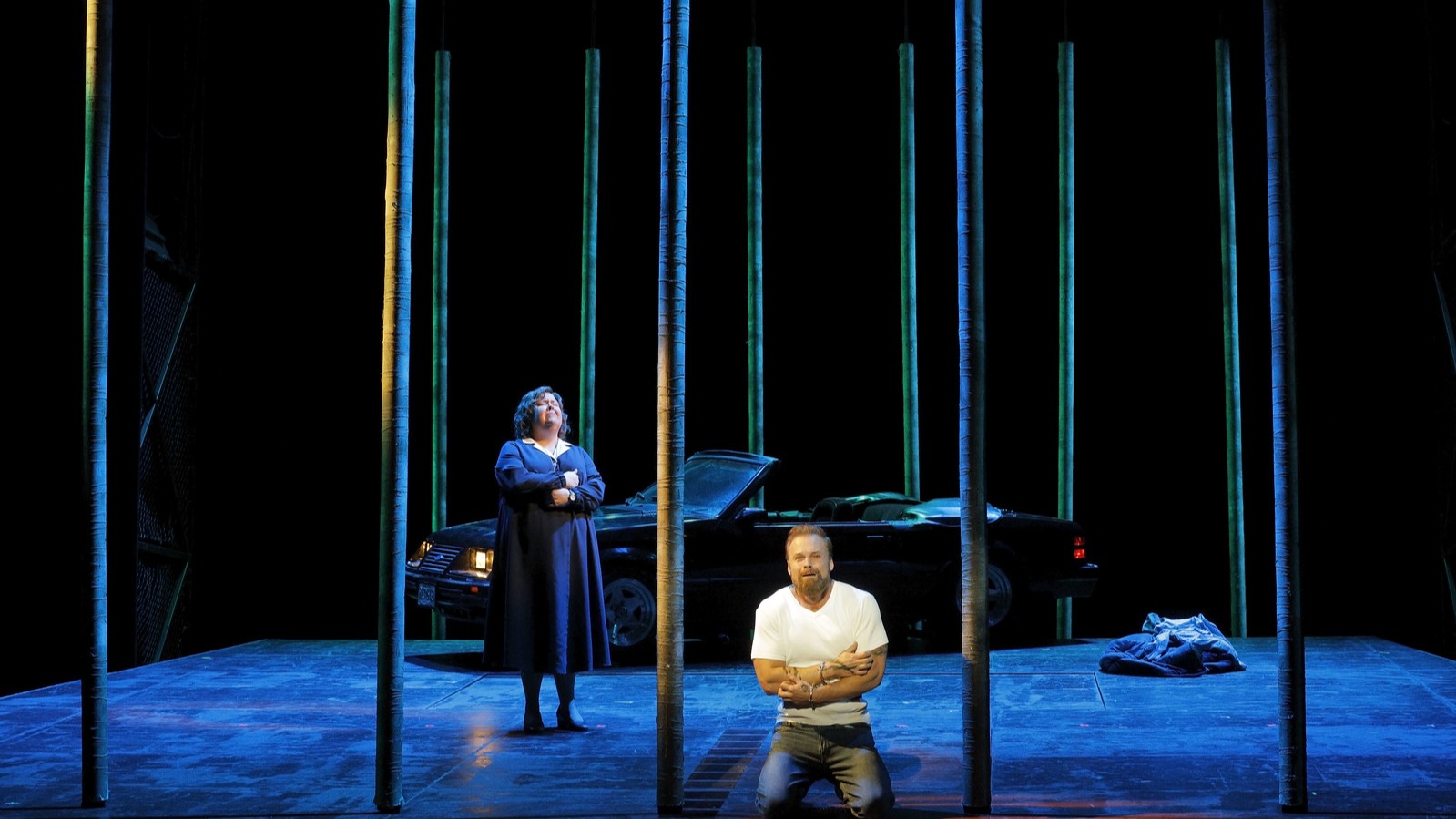
As the title of the opera suggests, Dead Man Walking grabs you by the heart. San Francisco Opera’s production of Jake Heggie and Terrence McNally’s landmark work about capital punishment, which opened to a packed house at the War Memorial Opera House on Sunday afternoon, maximizes its emotional impact with a first-rate cast and lavish production values.
SF Opera’s world premiere of Dead Man Walking in 2000 was a revelation. The fact that an opera by an unknown composer about the execution of an inmate on death row could become an instant hit (and later, the most produced modern American opera) sent a message to the opera world. This production, new to SF Opera, is a revival of a 2002 staging commissioned by a consortium of opera companies. It has been accompanied by a host of ancillary events, appropriately celebrating the continued impact and relevance of the world premiere.
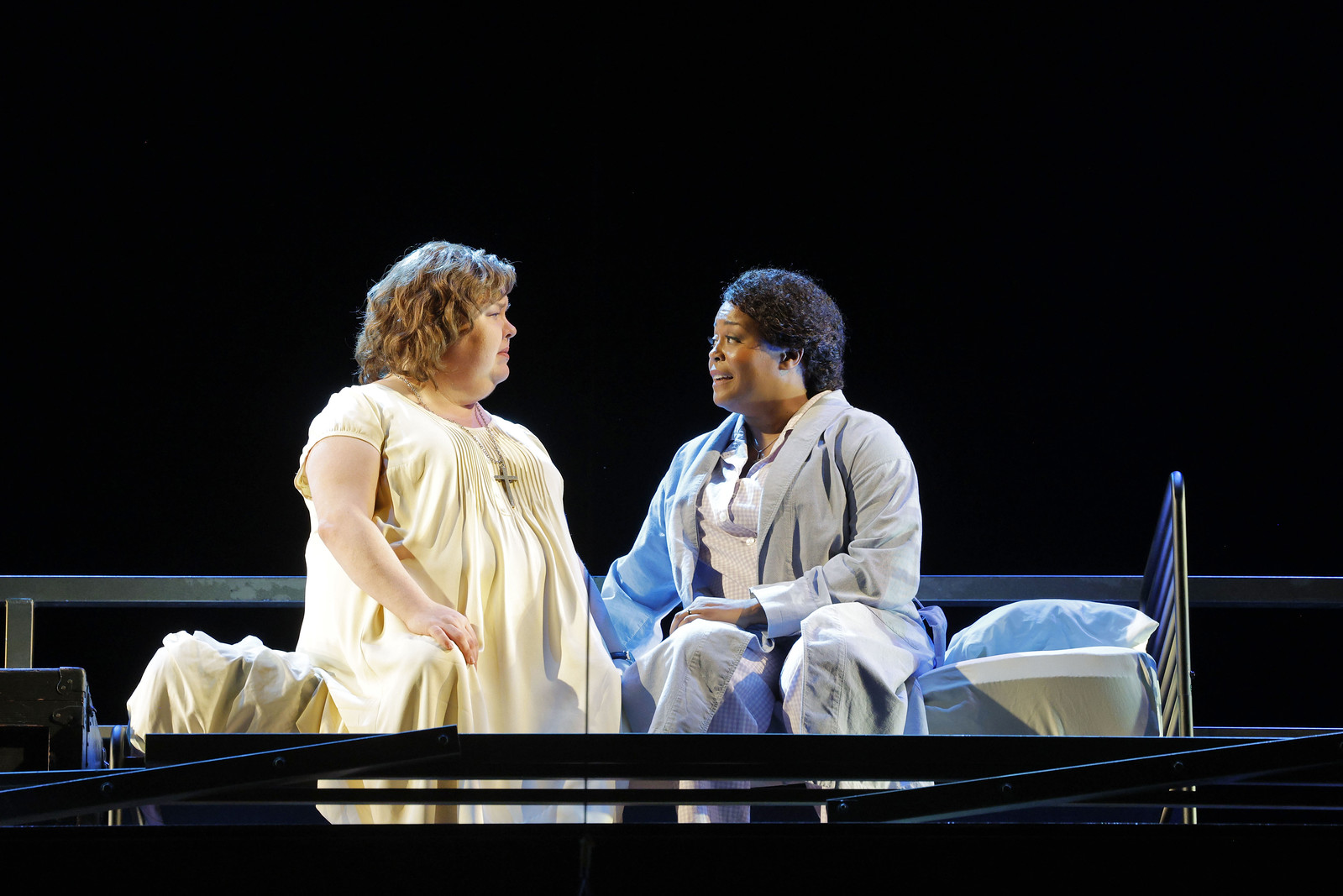
Based on a true story, the opera centers on Sister Helen Prejean, a feisty and down-to-earth nun, who counsels and befriends Joseph De Rocher, the murderer. Dead Man Walking derives from Prejean’s 1993 memoir of the same name and sets the nun amid a maelstrom of emotional forces: the anger of the victim’s parents, the brutality of incarceration, the foibles of the law, the macho defensiveness of the murderer and his delusive hopes of pardon, all of which test Prejean’s relationship to her faith.
For Sister Helen, the central conflict is not about whether De Rocher is innocent, but whether he will confess and ask for forgiveness. As she tells him, “The truth will set you free” — not free from death row, but from his torment and self-hatred. To help free him in this way, Prejean realizes she needs to reach him and forgive him, too. That is hard to do, as anyone who’s been caught in the meshes of trauma and violence knows well.
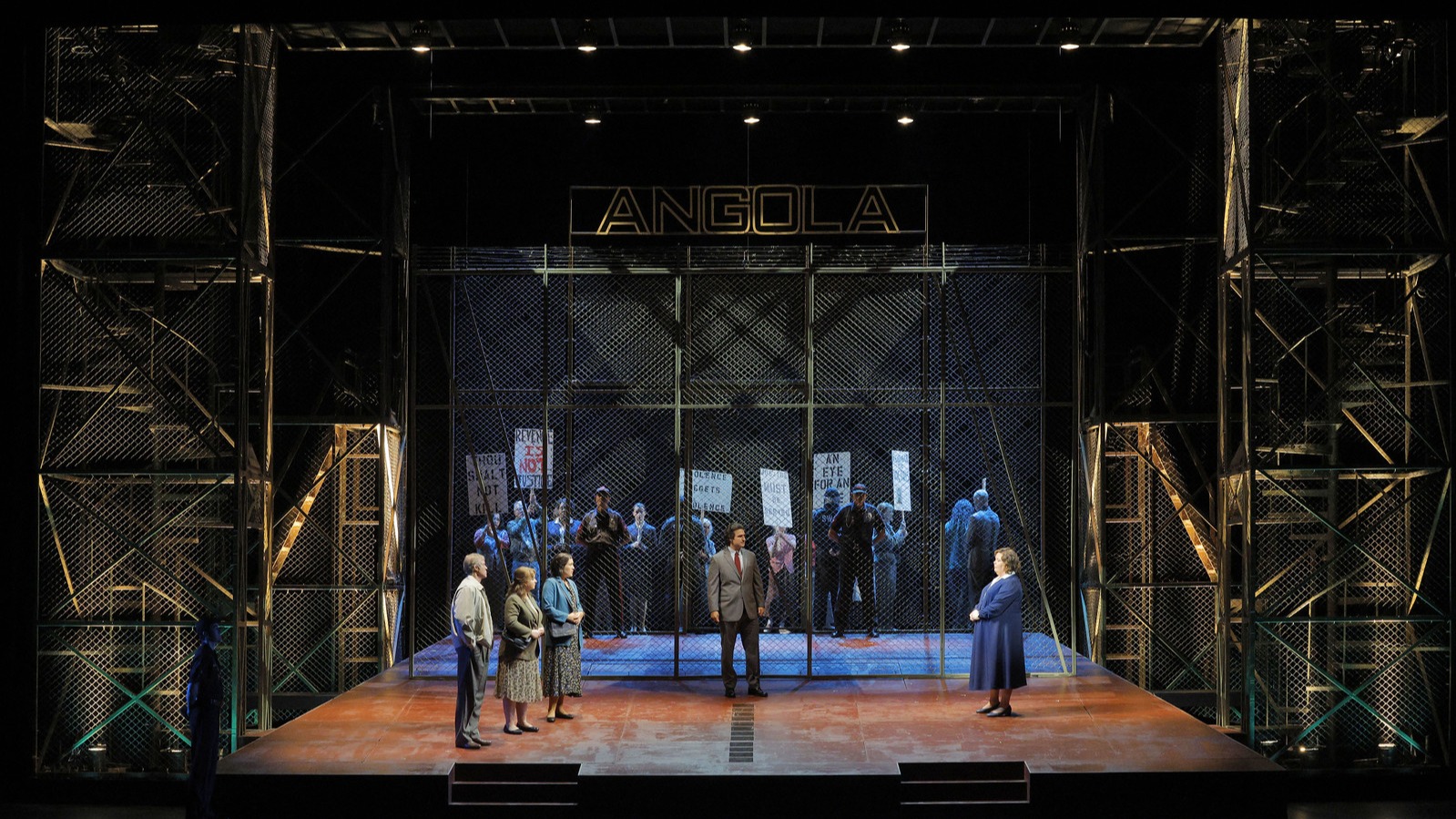
Mezzo-soprano Jamie Barton sings the role of Sister Helen in the current production. It’s a daunting role — she’s onstage almost the entire opera — but Barton’s splendid voice and commanding stage presence powerfully brought out Sister Helen’s dogged determination to connect with De Rocher.
Brought to life by bass-baritone Ryan McKinny’s strong voice and expressive physicality, De Rocher is no monster. Although he sings “I’m a bad man,” trying to push the nun away, Sister Helen insists he’s a child of God, a fellow human who is afraid of dying, and McKinny made the audience see that.
Directed by Leonard Foglia, this Dead Man Walking is grand in scale. There are 29 principals, 36 choristers, a children’s choir, 31 supernumeraries, and a vast orchestra expertly conducted by Patrick Summers, who also led the world premiere 25 years ago. The design is austere with full-stage prison sets featuring enormous chain-link walls that swoop down to imprison the characters and Escher-like staircases that seem to lead nowhere.
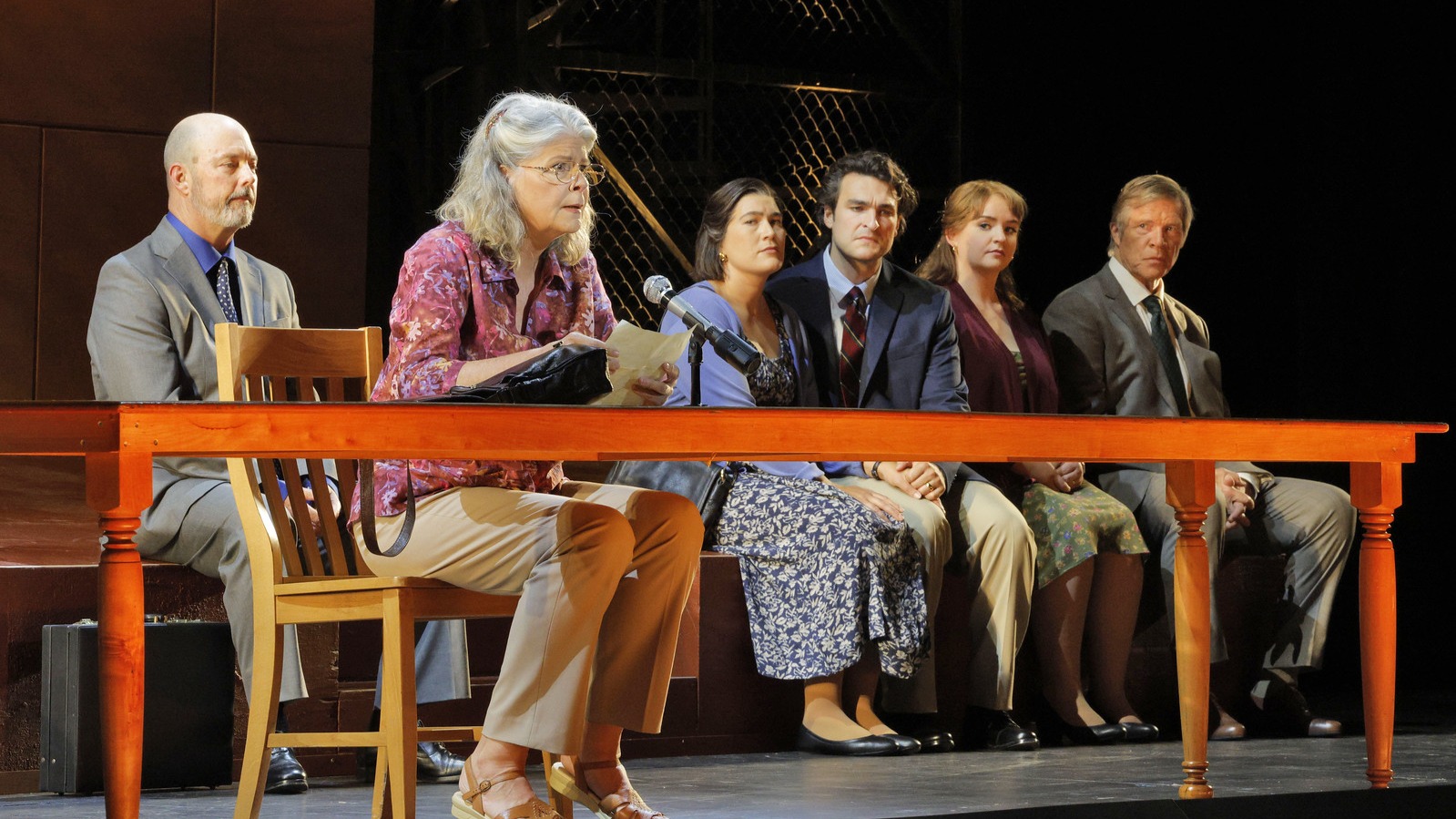
The opera pulls no punches, opening with a heart-stopping scene of the double murder and ending with the execution. Yet there are also flashes of humor in this grisly tale, including Sister Helen’s brief encounter with a motorcycle cop — an excellent cameo by baritone Olivier Zerouali who admits he “never gave a ticket to no nun before” — and Sister Helen’s wonderful duet with De Rocher about their shared love of Elvis Presley (yes, we do get licks from “Jailhouse Rock”).
Jake Heggie’s music matches the emotional gamut of the story, ranging from intimate moments to sweeping climaxes where characters and ideologies come at each other with gloves off. A sextet in which Sister Helen sang with De Rocher’s mother and the victims’ parents was especially moving and spine-tingling, both dramatically and vocally.
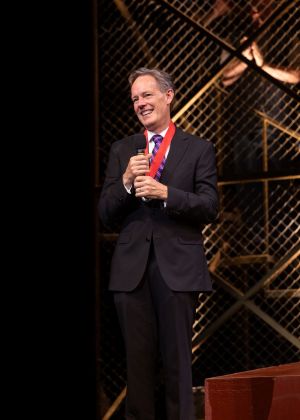
Much of the story is told in monologues, appropriately illuminating the isolation fostered by guilt, incarceration, and death row. But there were welcome moments when characters connect intimately, particularly in vocal duets. A long duet between the exhausted Sister Helen and her fellow nun, Sister Rose — sung with aching tenderness by soprano Brittany Renee— was especially beautiful.
Mezzo-soprano Susan Graham, who had portrayed Sister Helen in the 2000 premiere, sang the older role of De Rocher’s mother. I’ll not soon forget the extraordinary aria in which she pleads for her son’s life before an indifferent pardon committee.
The final scene featuring De Rocher’s death was too much and too long. The barbaric ritual of execution was overdone with lurid apocalyptic lighting, an unnecessary crucifixion reference, and an ear-piercing heart monitor over the loudspeakers. It felt as if the production had given up on the music that carried us through this daunting journey.
As the curtain fell, SF Opera’s general director Matthew Shilvock presented Jake Heggie with the SF Opera Medal, a well-deserved tribute to the prolific San Francisco composer.
Dead Man Walking runs through Sept. 28. There will be a livestream of the Sept. 20 performance.


